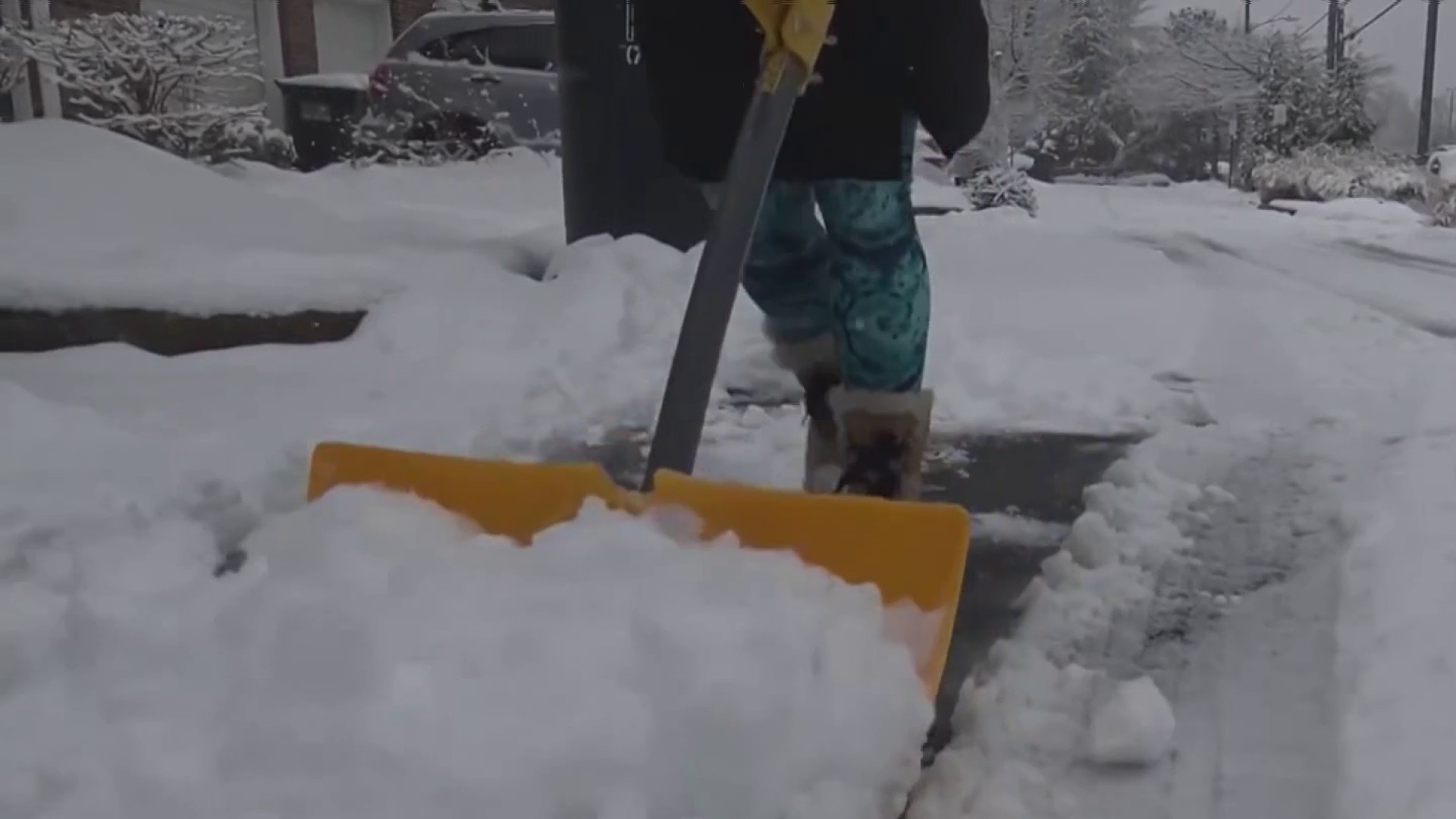Five people were shot dead in California this month and 26 people died in a shooting at a church in Texas. The gunmen in both cases had histories of domestic violence.
Some experts say domestic violence is a common thread in mass shootings. Mildred Muhammad, ex-wife of D.C. sniper John Allen Muhammad, said she knows about the connection first-hand.
"These men have decided to take upon themselves to take the lives of other people," Mildred Muhammad said.
John Allen Muhammad and his teenage accomplice, Lee Boyd Malvo, took the lives of 10 people in Maryland and Virginia 15 years ago. Both men were convicted in Maryland and Virginia, and Muhammad was executed in 2009. Malvo is currently serving life without parole.
Mildred Muhammad shared her story on a panel at Temple Sinai in Northwest D.C. Thursday night. She said her ex-husband verbally abused her.
"With my situation, I didn’t have physical scars to prove that I was a victim," she said.
She said she has always believed the attacks were a smoke screen for his plan to kill her and regain custody of their three children.
Local
Washington, D.C., Maryland and Virginia local news, events and information
Muhammad said she relates to the wives of mass shooters Devin Patrick Kelley and Kevin Neal. Kelley opened fire on a church in Sutherland Springs, Texas, killing 26 people, and Neal killed five people including his wife in a rampage in Northern California.
Both men were accused of domestic violence against their spouses. Neal’s wife had gotten a restraining order against him that should have prevented him from owning guns.
Gun safety group Everytown for Gun Safety said that more than half of mass shootings from 2009 to last year were related to domestic violence.
"We know anytime firearms are involved in any sort of unhealthy relationship, it increases the odds tremendously of that gun being used in a tragic situation," Montgomery County, Maryland, Sheriff Darren Popkin said.
Federal law bans firearm possession by domestic violence offenders in two ways: prohibiting an individual who is under a restraining order for domestic violence, and prohibiting someone who has been convicted of a misdemeanor domestic violence crime from purchasing or possessing firearms. But experts say vaguely written laws, ineffective implementation and gaps such as private sales and the so-called "boyfriend loophole" often allow domestic abusers who shouldn't be allowed to possess guns to have them anyway.
Muhammad wrote a book called “I'm Still Standing" and says it provides tools that people can use to help victims of domestic violence.



